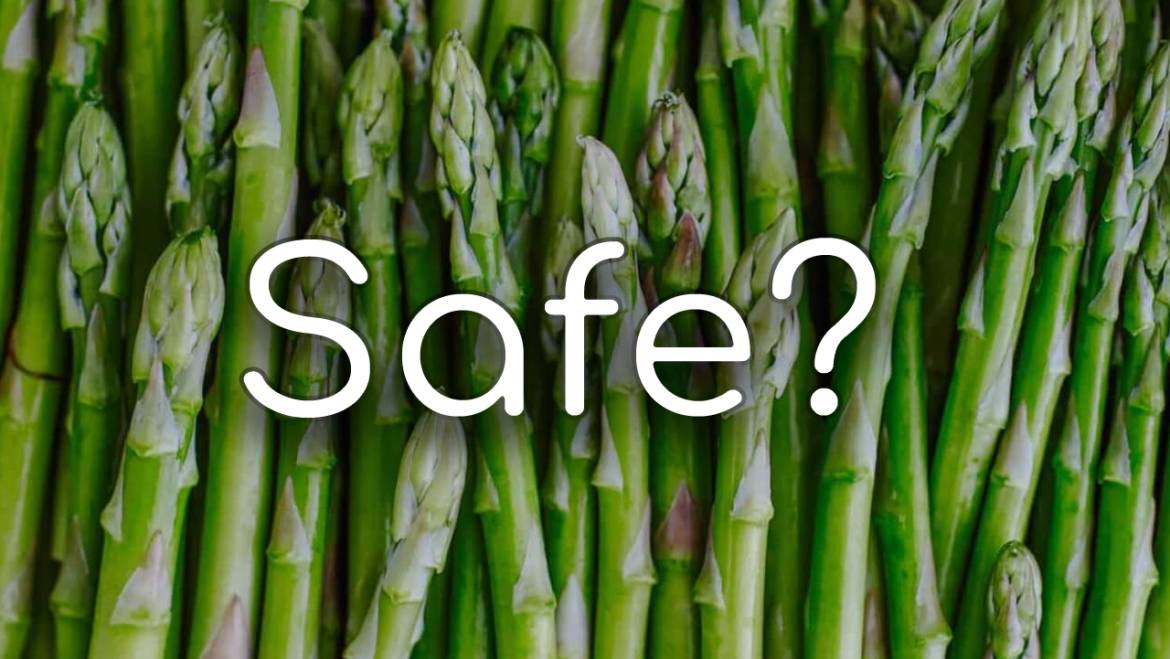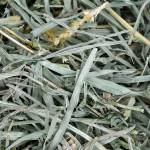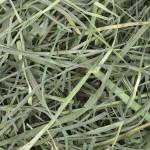Asparagus is a popular vegetable that is enjoyed by many humans. It is a low-calorie vegetable that is high in nutrients like vitamins A, C, and K, folate, and fiber. Asparagus is also known for its diuretic properties and is often recommended as a natural remedy for urinary tract infections. However, as a chinchilla owner, you may be wondering whether it is safe to feed asparagus to your furry friend. In this article, we will explore the topic in-depth and provide you with all the information you need to know about feeding asparagus to your chinchilla.
Nutritional Value of Asparagus
Before we dive into whether chinchillas can eat asparagus, it’s important to understand the nutritional value of this vegetable. Asparagus is an excellent source of many vitamins and minerals, including vitamins A, C, E, and K, folate, iron, calcium, and fiber. It is also low in calories and has a low glycemic index, making it a great food for weight loss and blood sugar control. However, chinchillas have different dietary requirements than humans, and not all human foods are safe for them to eat.
Can Chinchillas Eat Asparagus?
Chinchillas can eat small amounts of asparagus as an occasional treat. However, it should not be a regular part of their diet. Asparagus is not toxic to chinchillas, but it is high in oxalates, which can lead to the formation of bladder stones or urinary tract issues. Oxalates can also interfere with the absorption of calcium, which can cause a deficiency of this essential mineral. Chinchillas need calcium for healthy bones, teeth, and muscle function, so it is important to ensure that their diet includes enough of this nutrient.
How to Feed Asparagus to Your Chinchilla
If you decide to feed asparagus to your chinchilla, it’s important to do so in moderation. Only give them a small amount once or twice a week as a treat, and make sure that it is thoroughly washed and cooked before feeding it to your pet. Raw asparagus can be tough to digest, and cooking it will make it easier for your chinchilla to eat and digest. You can steam, boil, or roast the asparagus, but avoid using any seasonings or oils. As with any new food, start with a small amount and monitor your chinchilla’s reaction. If they experience any digestive upset or urinary tract issues, stop feeding them asparagus immediately.
Other Vegetables That Chinchillas Can Eat
Chinchillas are herbivores and require a diet that is high in fiber and low in fat and sugar. Hay should make up the majority of their diet, as it provides the necessary fiber to keep their digestive system healthy. In addition to hay, chinchillas can eat a variety of vegetables, such as kale, spinach, carrots, and bell peppers. These vegetables are high in nutrients and can provide a healthy and tasty addition to your chinchilla’s diet. However, as with asparagus, these vegetables should be fed in moderation and should not make up a large portion of their diet.
Foods to Avoid Feeding Your Chinchilla
While chinchillas can eat a variety of vegetables, there are also many foods that they should avoid. Some of these foods are toxic to chinchillas, while others can cause digestive upset or other health issues. Foods to avoid feeding your chinchilla include chocolate, caffeine, nuts, seeds, fruits with pits or seeds, onions, garlic, avocado, and dairy products. These foods can be harmful to your chinchilla and should be avoided at all times.
The Importance of a Balanced Diet for Chinchillas
Feeding your chinchilla a balanced and nutritious diet is crucial for their overall health and well-being. In addition to hay and vegetables, chinchillas also require a small amount of pellets in their diet. Pellets are specially formulated to provide chinchillas with all the necessary vitamins and minerals they need. It is important to choose high-quality pellets that are specifically made for chinchillas, as pellets made for other small animals may not meet their dietary needs.
In conclusion, chinchillas can eat asparagus in small amounts as an occasional treat. However, it is important to feed it to them in moderation and make sure that it is cooked and washed thoroughly. Asparagus should not make up a large part of their diet, as it is high in oxalates and can lead to urinary tract issues and calcium deficiencies. It is important to provide your chinchilla with a balanced and nutritious diet that includes hay, vegetables, and high-quality pellets to ensure that they are healthy and happy. As always, if you have any concerns about your chinchilla’s diet or health, it is best to consult with a veterinarian who specializes in exotic animals.







